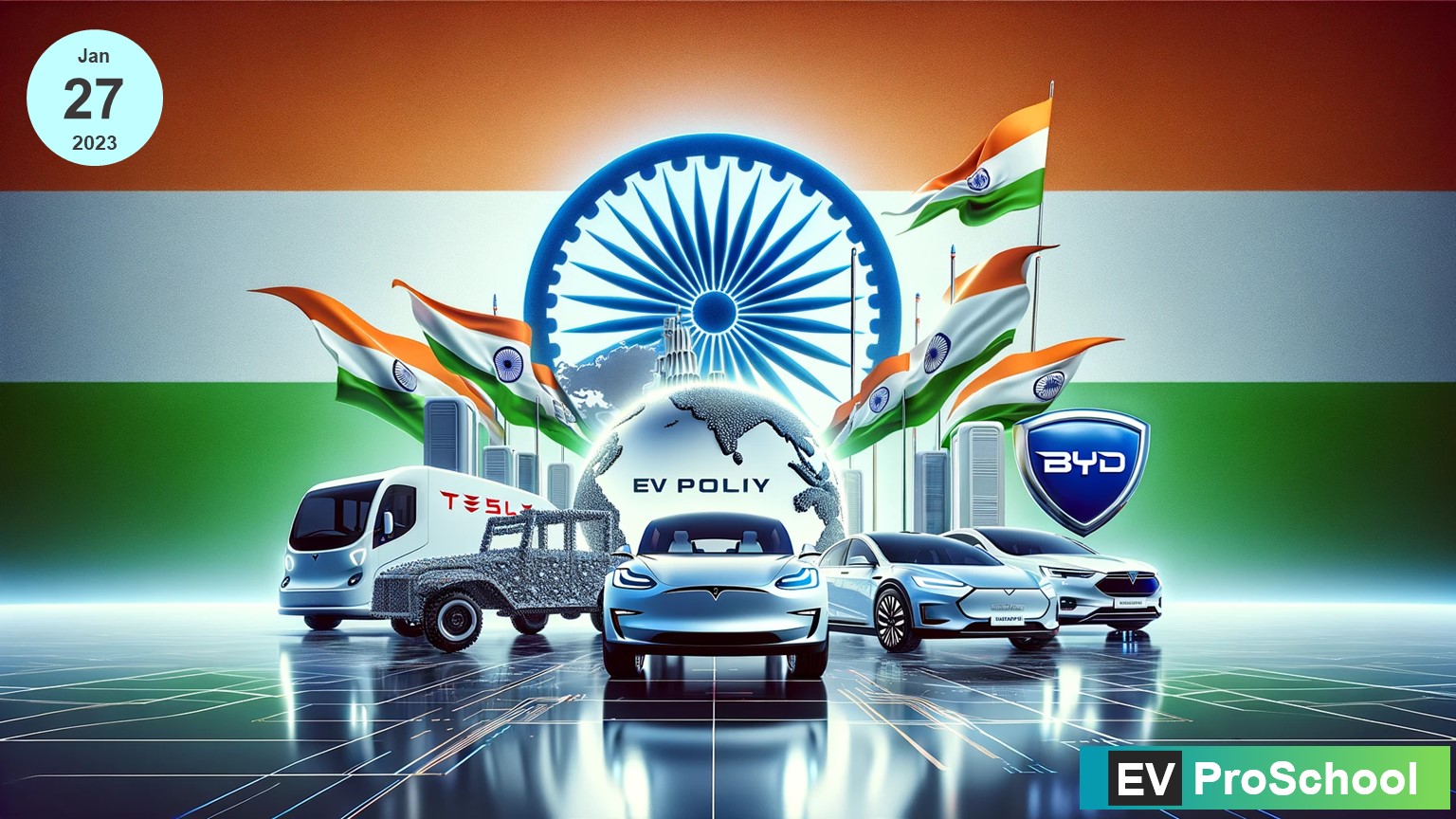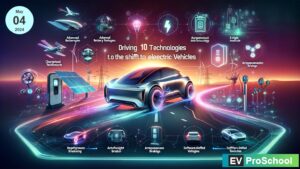India’s burgeoning electric vehicle (EV) sector is at the forefront of the country’s ambitions to achieve sustainable mobility. With a significant push from the government to replace petrol and diesel vehicles with battery-powered alternatives, the landscape is ripe for transformation. The past year has seen three of the world’s leading electric carmakers – Tesla from the United States, BYD from China, and VinFast from Vietnam – express their intentions to enter the Indian market. Each has been met with a distinct policy response from the Indian government, reflecting the nuanced approach India is taking towards foreign investment in its EV sector.
Tesla: A Potential Game-Changer
Tesla’s entry into the Indian market has been highly anticipated. The American EV giant is known for its innovative technology and has been a trailblazer in the electric vehicle market globally. The Indian government’s response to Tesla’s proposal has been notably accommodating, with potential tweaks in tax norms being considered to facilitate Tesla’s entry. This move signals India’s eagerness to attract leading global players in the EV domain, recognizing the potential for technology transfer and the push towards electric mobility that Tesla’s presence could bring.
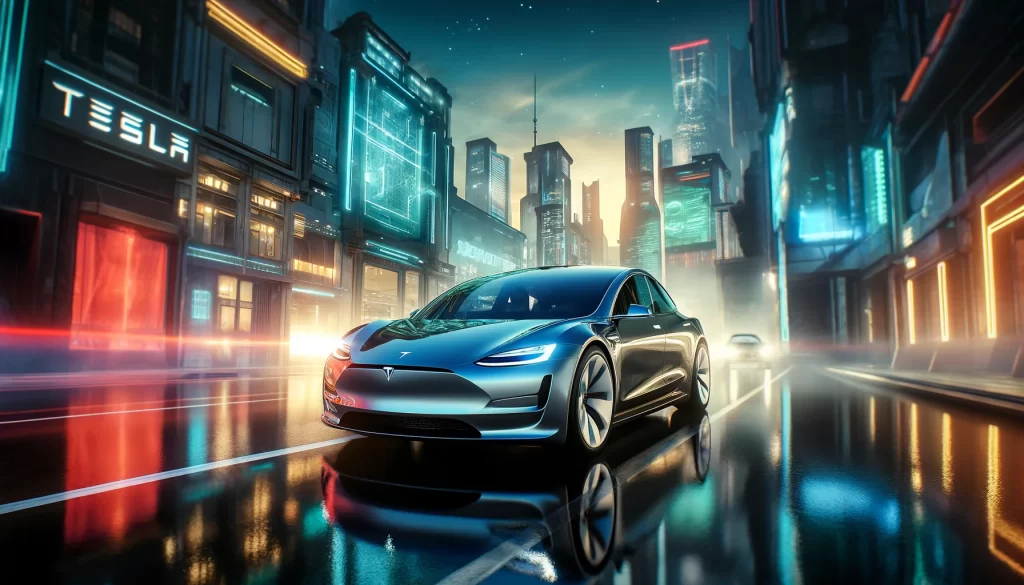
BYD: Facing Clear Disincentives
In contrast, China’s BYD, another global heavyweight in the EV space, has faced clear disincentives from the Indian government. This stance can be viewed against the backdrop of broader geopolitical tensions and concerns over dependency on Chinese technology and manufacturing prowess. By setting disincentives for BYD, India appears to be cautiously managing its strategic interests, ensuring that its push for electric vehicles does not compromise its economic security or technological sovereignty.
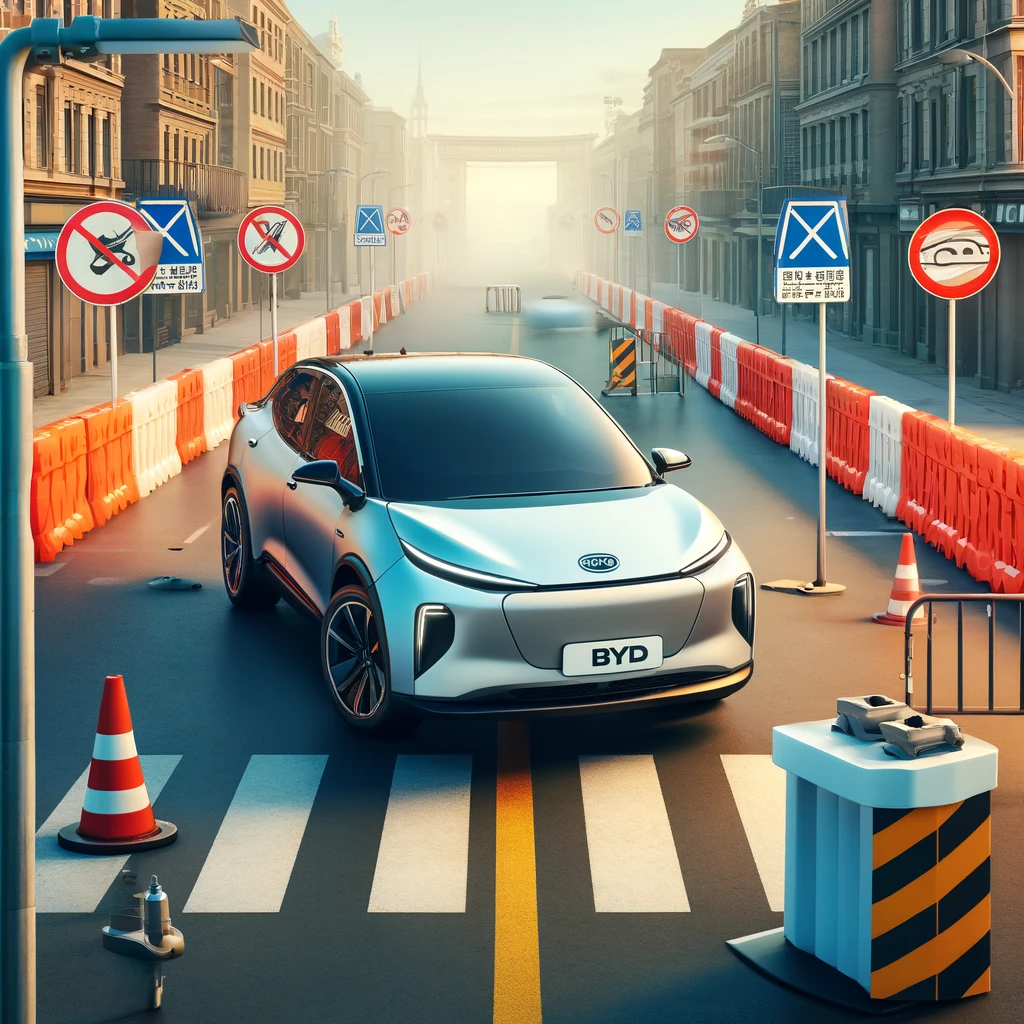
VinFast: Seeking Equal Footing
VinFast, hailing from Vietnam, represents the aspirations of emerging economies to make their mark in the global EV landscape. The Indian government has routed VinFast’s proposal through regular dispensations, with the company now seeking incentives on par with those being worked out for Tesla. This situation highlights the competitive dynamics of the EV market, where newer entrants are vying for a level playing field with established giants, underscoring the importance of policy support in determining market entry success.
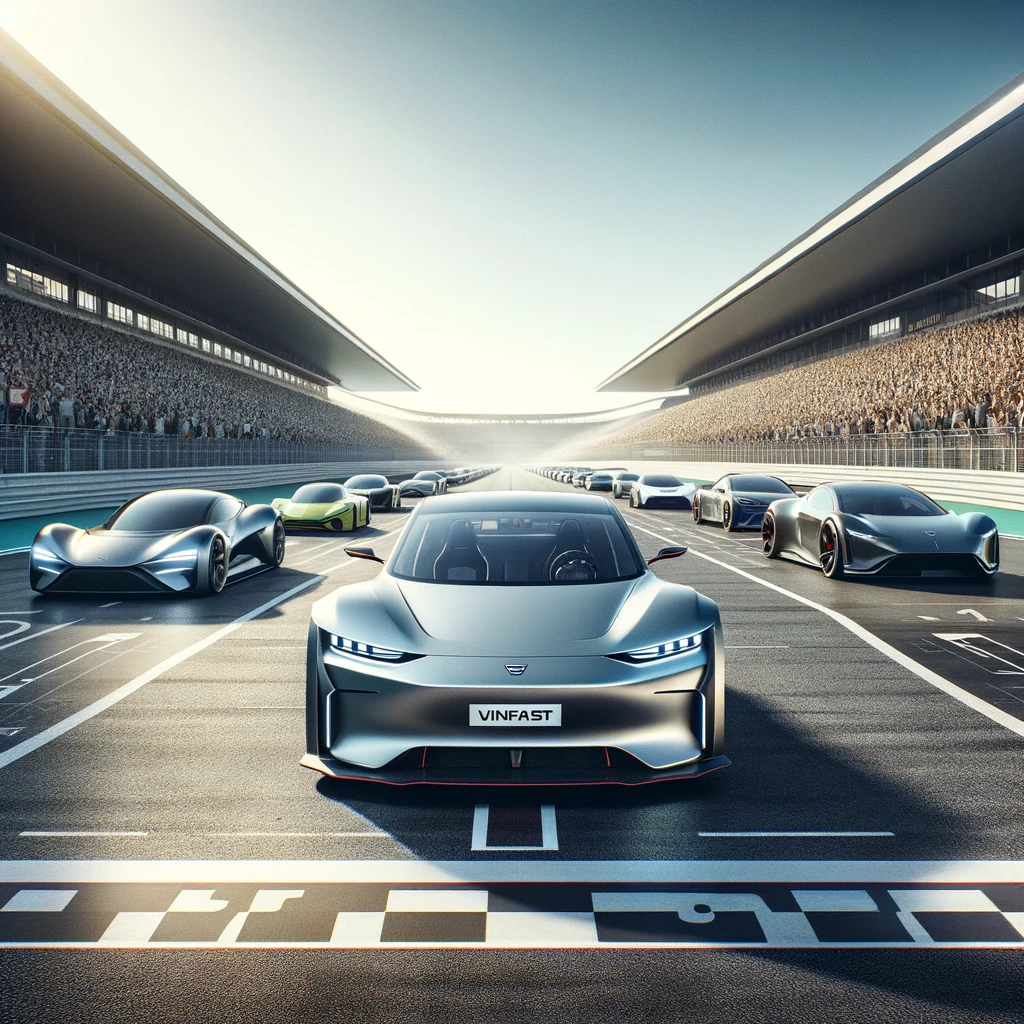
India’s EV Policy Landscape: Balancing Act
India’s differential policy response to these three carmakers underscores a pragmatic approach to fostering the EV ecosystem. On one hand, the government is keen on accelerating the adoption of electric vehicles to meet its ambitious environmental targets and reduce dependence on imported oil. On the other hand, it is navigating complex geopolitical realities and the need for technological self-reliance.
This balancing act is critical for India. By attracting global players like Tesla, it can leapfrog technological advancements and infrastructure development. However, by setting clear boundaries for companies like BYD, it remains wary of overdependence on foreign entities, especially from geopolitical rivals. Furthermore, treating proposals from companies like VinFast with a fair and competitive stance ensures a diverse and healthy market competition.
The Road Ahead
India’s journey towards electric mobility is paved with opportunities and challenges. The government’s nuanced approach to dealing with foreign EV manufacturers reflects a broader strategy to harness the benefits of global expertise while safeguarding national interests. As the EV policy framework continues to evolve, the focus will be on creating an ecosystem that encourages innovation, supports sustainable growth, and promotes equitable market access.
The progression of proposals from Tesla, BYD, and VinFast will be a litmus test for India’s ambition to become a global EV hub. The outcome will not only shape the future of electric mobility in India but also signal the country’s readiness to play a pivotal role in the global transition towards sustainable transportation.
India’s EV policy landscape is at a critical juncture. By carefully navigating its relationships with global EV players, India can position itself as a leader in the electric mobility revolution, driving towards a greener, more sustainable future.
